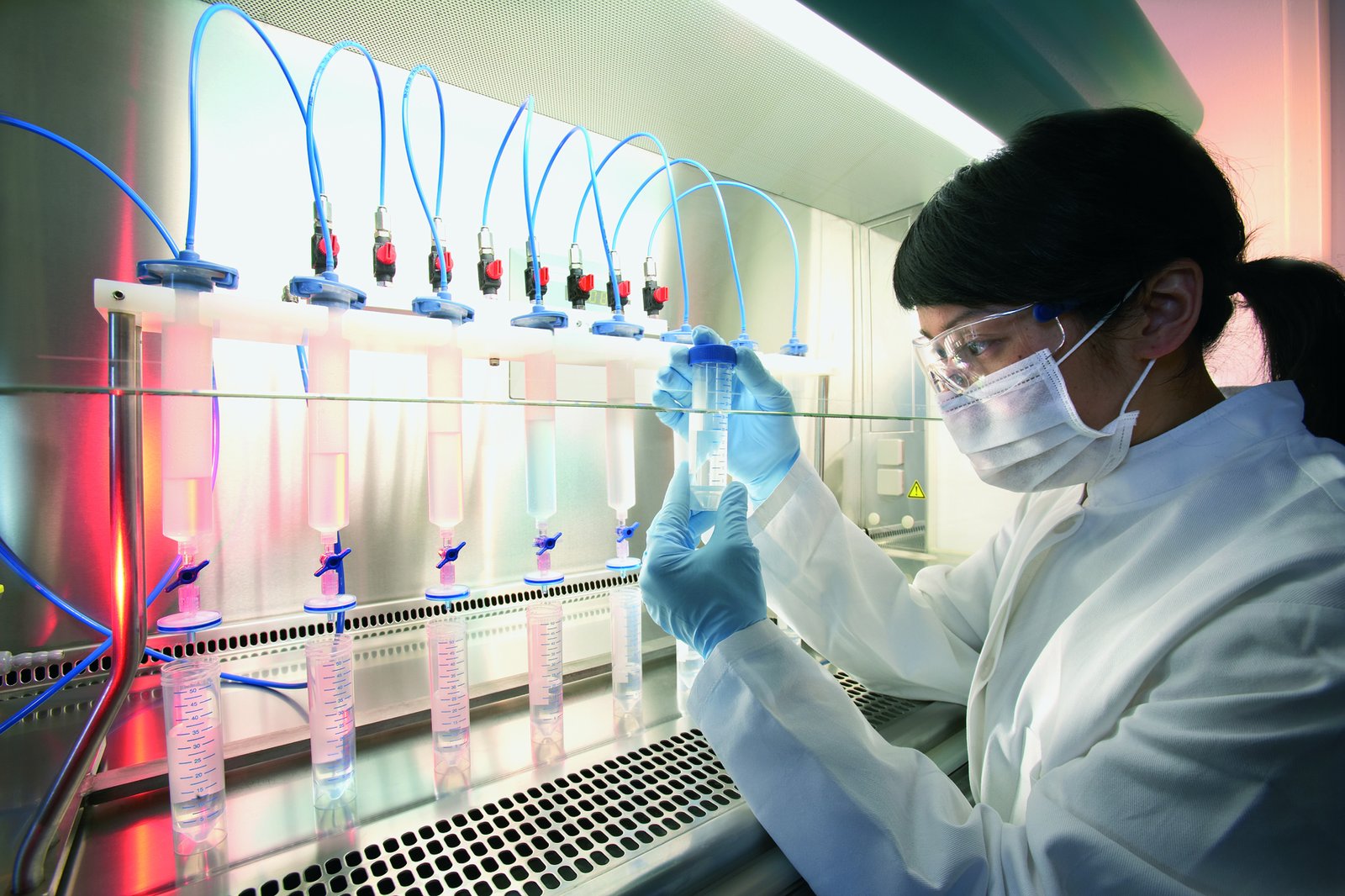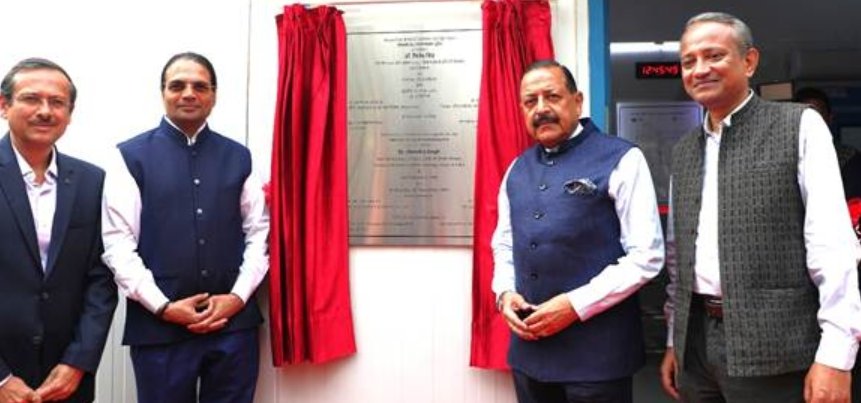Cartilage tissue created in the lab
June 14, 2017 | Wednesday | News
The artificial cartilage thus engineered is fully biological with a structure akin to real cartilage.
Biomedical engineers at the University of California, Davis, have created a lab-grown tissue similar to natural cartilage by giving it a bit of a stretch. The tissue, grown under tension but without a supporting scaffold, shows similar mechanical and biochemical properties to natural cartilage.
Articular cartilage provides a smooth surface for our joints to move, but it can be damaged by trauma, disease or overuse. Once damaged, it does not regrow and is difficult to replace. Artificial cartilage that could be implanted into damaged joints would have great potential to help people regain mobility.
The team of researchers grew human chondrocytes in a scaffold-free system, allowing the cells to self-assemble and stick together inside a specially designed device. Once the cells had assembled, they were put under tension, mildly stretched over several days. The new material had a similar composition and mechanical properties to natural cartilage.
The artificial cartilage thus engineered is fully biological with a structure akin to real cartilage. Most importantly, it seems that a complex problem of making tissues in the laboratory that are strong and stiff enough to take the extremely high loads encountered in joints such as the knee and hip has been solved.










